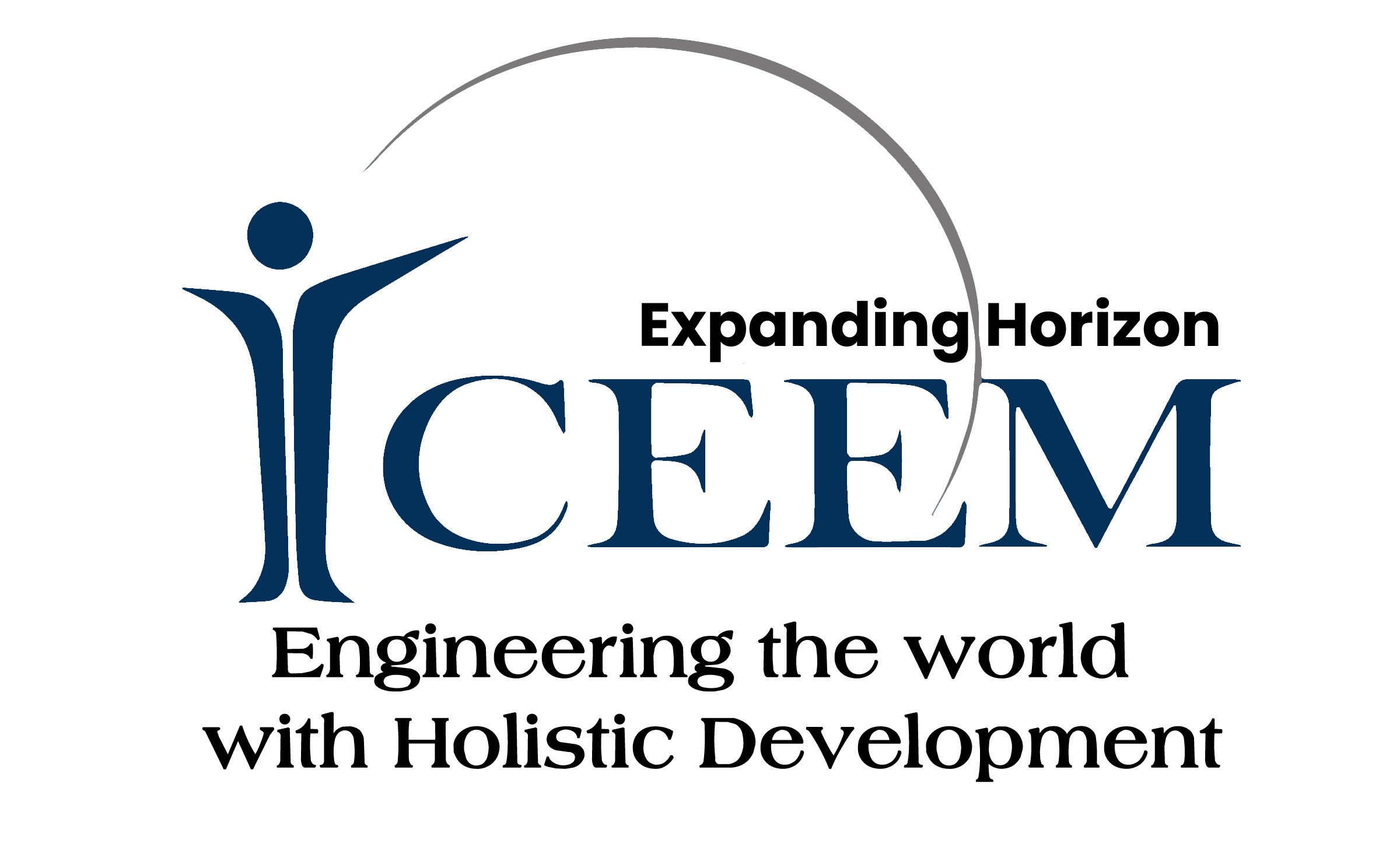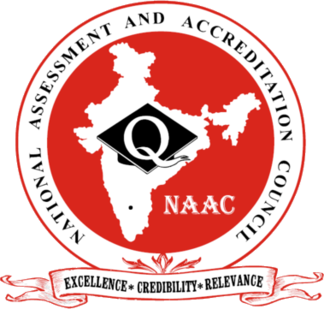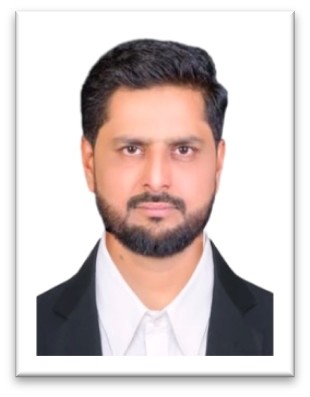ABOUT DEPARTMENT
The Department of Computer Science and Engineering (CSE) stands at the theoretical and practical forefront of the digital revolution. As a primary driver of the transition toward a hyper-connected global society, CSE encompasses foundational architectures and disruptive technologies ranging from embedded intelligence to complex neural networks powering Autonomous Systems and Cloud Infrastructure.
The department focuses on rigorous design, development, and analysis of software and hardware systems that address real-world challenges. Students are trained in computational thinking, algorithmic design, and system-level architecture to prepare them for dynamic technological environments.
Advanced laboratories, research-driven teaching methodologies, and strong industry-academia collaboration ensure that students receive both theoretical depth and practical exposure. The department fosters innovation, research culture, and ethical professional conduct among future technocrats.
Key Features :
- Research-driven faculty with publications in reputed International/National journals and IEEE conferences.
- State-of-the-art laboratories with HPC clusters and AI/ML workstations.
- Strategic MOUs and industrial collaborations for curriculum enrichment.
- Integration of ICT tools, Virtual Labs, NPTEL/SWAYAM platforms.
- Regular hackathons, technical seminars, FDPs, and expert lectures.
- Specialized departmental library with access to global research databases.
Aim :
The department aims to develop competent engineers proficient in discrete mathematics, algorithmic principles, and software engineering theory for modeling and designing advanced computer-based systems. It emphasizes Distributed Systems, Cyber-Physical Systems, Data Analytics, and Cryptographic Engineering while maintaining global standards of excellence.
Objectives :
- To graduate engineers capable of designing scalable, secure, and efficient computing solutions.
- To cultivate analytical and research skills for IT industries and R&D sectors.
- To instill professional ethics, leadership qualities, and social responsibility.
- To encourage innovation, research publications, and entrepreneurial initiatives.
- To promote lifelong learning and continuous professional development.












































































